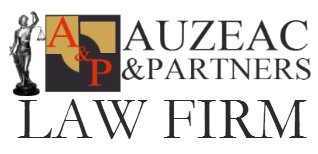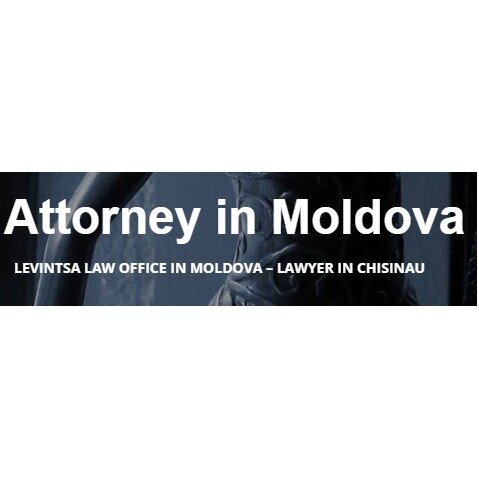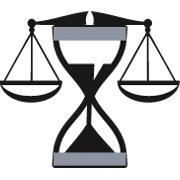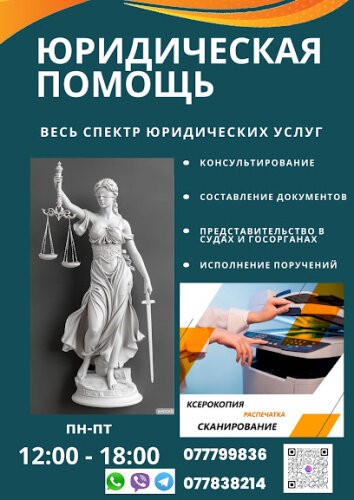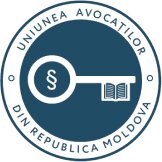Best Private Client Lawyers in Chisinau
Share your needs with us, get contacted by law firms.
Free. Takes 2 min.
List of the best lawyers in Chisinau, Republic of Moldova
About Private Client Law in Chisinau, Republic of Moldova
Private Client law in Chisinau, Republic of Moldova covers legal services and advice tailored to individuals and families, often involving wealth management, succession planning, inheritance, and family matters. This area of law is focused on personal legal needs rather than corporate or business issues. Clients often require guidance on complex local legal frameworks regarding property ownership, asset protection, estate planning, inheritance disputes, marriage and divorce settlements, and cross-border issues relevant to Moldovan citizens or residents with assets both locally and internationally.
Why You May Need a Lawyer
Private Client lawyers provide vital support in navigating the personal legal landscape. You may require a lawyer if you are:
- Planning your estate or needing to draft a will in accordance with Moldovan laws
- Facing an inheritance dispute or need help administering an estate
- Seeking asset protection solutions or managing family wealth
- Engaged in family law matters such as marriage contracts, divorce, or child custody
- Acquiring, selling, or transferring real property
- Managing cross-border assets or dealing with residency or nationality issues
- Considering trusts or charitable donations
- Experiencing complications with tax obligations for individuals
Expert legal advice ensures that your documents are prepared legally, your rights are protected, and that you achieve the optimal results based on local law.
Local Laws Overview
The legal framework for Private Client matters in Chisinau is primarily governed by the Civil Code of the Republic of Moldova, Family Code, and localized property law. Key aspects include:
- Succession and Inheritance: Moldovan law provides for both testate (will-based) and intestate (no will) succession. Forced heirship rules may apply, reserving certain shares for close relatives.
- Wills and Testaments: Wills must comply with formal requirements (such as notarization) to be valid and enforceable locally.
- Real Estate Ownership: Foreign nationals may face restrictions on land ownership. Registration and formal transfer are official requirements.
- Family Law Matters: Marital property is typically considered joint unless otherwise agreed. The Family Code regulates divorce, alimony, and custody issues.
- Taxation: Individual income and inheritance taxes affect estate planning and asset transfers.
- Asset Protection: The use of trusts is limited, but other mechanisms can help safeguard assets for heirs or charitable purposes.
- Legalization and Apostille: Foreign legal documents may require an apostille or legalization for use in Moldova.
Laws in Moldova are subject to periodic revision, especially as the country seeks closer alignment with European standards, so professional advice is key.
Frequently Asked Questions
What is required for a will to be valid in Moldova?
A will must be in writing and signed by the testator in the presence of a notary. Oral or handwritten wills are generally not recognized unless in special circumstances.
Can foreigners inherit property in Moldova?
Yes, foreigners can inherit property in Moldova, but there may be restrictions on land ownership, so legal advice is advisable for cross-border heirs.
What happens if someone dies without a will?
If there is no will, Moldovan intestacy rules determine how assets are distributed, often giving priority to spouses, children, and parents.
How are marital assets divided in case of divorce?
Unless there is a prior agreement, marital property is usually divided equally, but the court considers individual contributions and circumstances.
Is it possible to disinherit a child or spouse under Moldovan law?
There are forced heirship provisions, which mean certain family members are entitled to a mandatory minimum share, making complete disinheritance difficult.
How long does probate take in Moldova?
The process typically takes several months but can be delayed by disputes or missing documentation. Having a clear will speeds up proceedings.
Are trusts recognized for estate planning in Moldova?
Trusts are not widely recognized under Moldovan law, but similar structures or careful planning may help protect or transfer assets.
What documents are needed for property transfer?
You generally need notarized sale or transfer agreements, valid identification, and proof of ownership. Foreign documents may require legalization or translation.
How can I reduce inheritance tax in Moldova?
Inheritance tax rates are moderate, and some exemptions apply for close relatives. Planning with a Private Client lawyer can help optimize tax outcomes.
How can I choose a good Private Client lawyer in Chisinau?
Look for lawyers with relevant experience, good reputations, and local knowledge. Recommendations and consultations can help assess suitability for your needs.
Additional Resources
If you need further information or official guidance, consider these resources:
- Ministry of Justice of the Republic of Moldova - Provides information and services related to legal documents, notarization, and inheritance.
- The Chamber of Notaries of Moldova - Oversees notarial matters, including will registration and property transfers.
- National Union of Bar Associations - Lists licensed lawyers and law firms across Moldova.
- Directorate of Population and Civil Status - Manages civil records needed for family law or inheritance matters.
- Local embassies - For foreign nationals needing consular legal assistance or document verification.
Next Steps
If you need assistance with Private Client matters in Chisinau, consider these steps:
- Identify your main legal need, such as drafting a will, property transfer, or resolving a family dispute.
- Gather relevant documents, including property deeds, identification, and family records.
- Contact a qualified Private Client lawyer or law firm that specializes in the specific area you require help with.
- Schedule a consultation to review your options, potential costs, and the process for your case.
- Follow your lawyer's instructions to prepare and sign documents, attend notarial appointments, or appear in court as needed.
Engaging an experienced lawyer ensures your interests are protected, documents are correctly prepared, and your legal matters are resolved efficiently and in compliance with Moldovan law.
Lawzana helps you find the best lawyers and law firms in Chisinau through a curated and pre-screened list of qualified legal professionals. Our platform offers rankings and detailed profiles of attorneys and law firms, allowing you to compare based on practice areas, including Private Client, experience, and client feedback.
Each profile includes a description of the firm's areas of practice, client reviews, team members and partners, year of establishment, spoken languages, office locations, contact information, social media presence, and any published articles or resources. Most firms on our platform speak English and are experienced in both local and international legal matters.
Get a quote from top-rated law firms in Chisinau, Republic of Moldova — quickly, securely, and without unnecessary hassle.
Disclaimer:
The information provided on this page is for general informational purposes only and does not constitute legal advice. While we strive to ensure the accuracy and relevance of the content, legal information may change over time, and interpretations of the law can vary. You should always consult with a qualified legal professional for advice specific to your situation.
We disclaim all liability for actions taken or not taken based on the content of this page. If you believe any information is incorrect or outdated, please contact us, and we will review and update it where appropriate.
Browse private client law firms by service in Chisinau, Republic of Moldova
Chisinau, Republic of Moldova Attorneys in related practice areas.



